If you’re a credit card holder in Singapore, you may be wondering if cash advances are part of your credit limit. The short answer is yes, but there are some important things to understand about how cash advances work and how they can impact your credit.
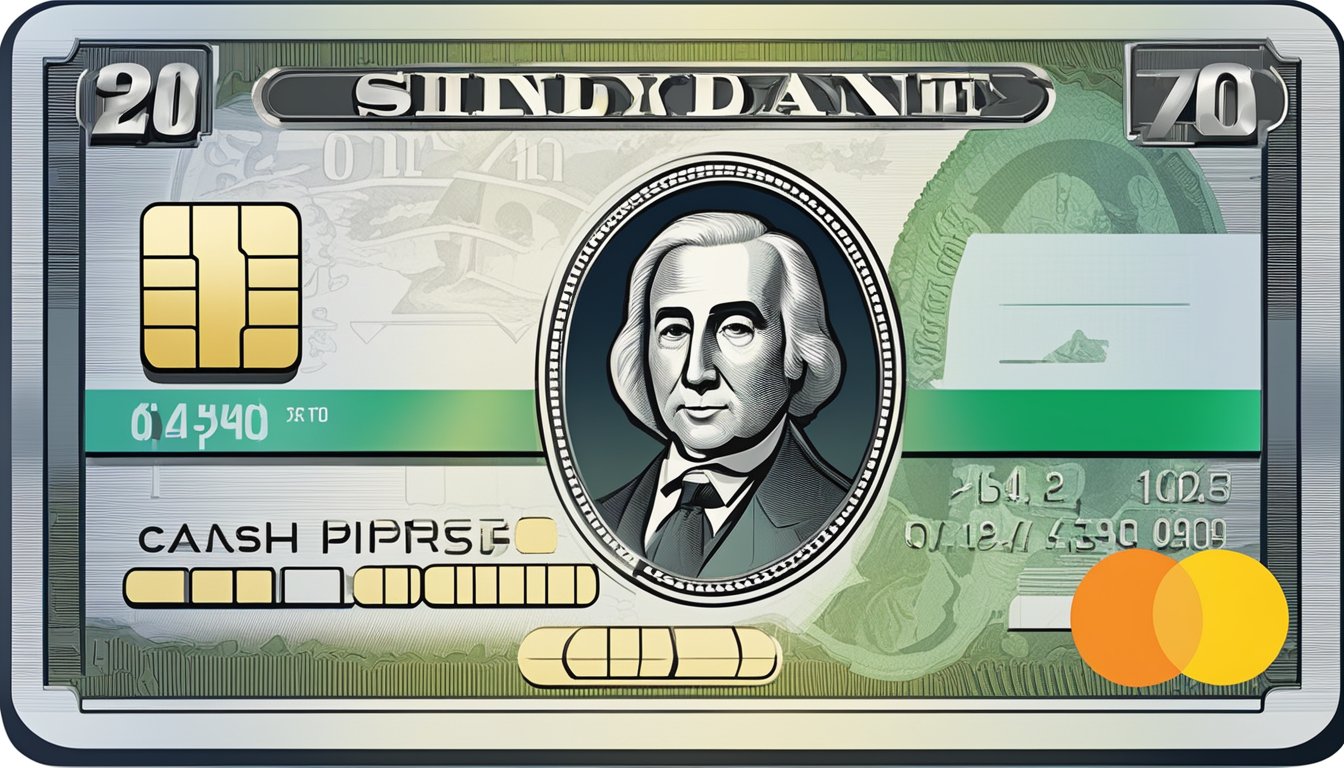
When you take out a cash advance, you’re essentially borrowing money against your credit limit. The amount you can borrow will depend on your credit limit and other factors, such as your income and credit history. However, it’s important to note that cash advances usually come with higher fees and interest rates than regular credit card purchases.
Before you decide to take out a cash advance, it’s important to understand the fees and interest rates involved. You should also consider how a cash advance will impact your credit and your ability to repay the debt. With that in mind, let’s take a closer look at cash advances in Singapore and what you need to know before you borrow.
Key Takeaways
- Cash advances are part of your credit limit in Singapore, but they come with higher fees and interest rates than regular credit card purchases.
- Before taking out a cash advance, it’s important to understand the fees and interest rates involved and how it will impact your credit and ability to repay the debt.
- There are alternatives to cash advances, such as personal loans or borrowing from friends and family, that may be a better option for your financial situation.
Understanding Cash Advances in Singapore
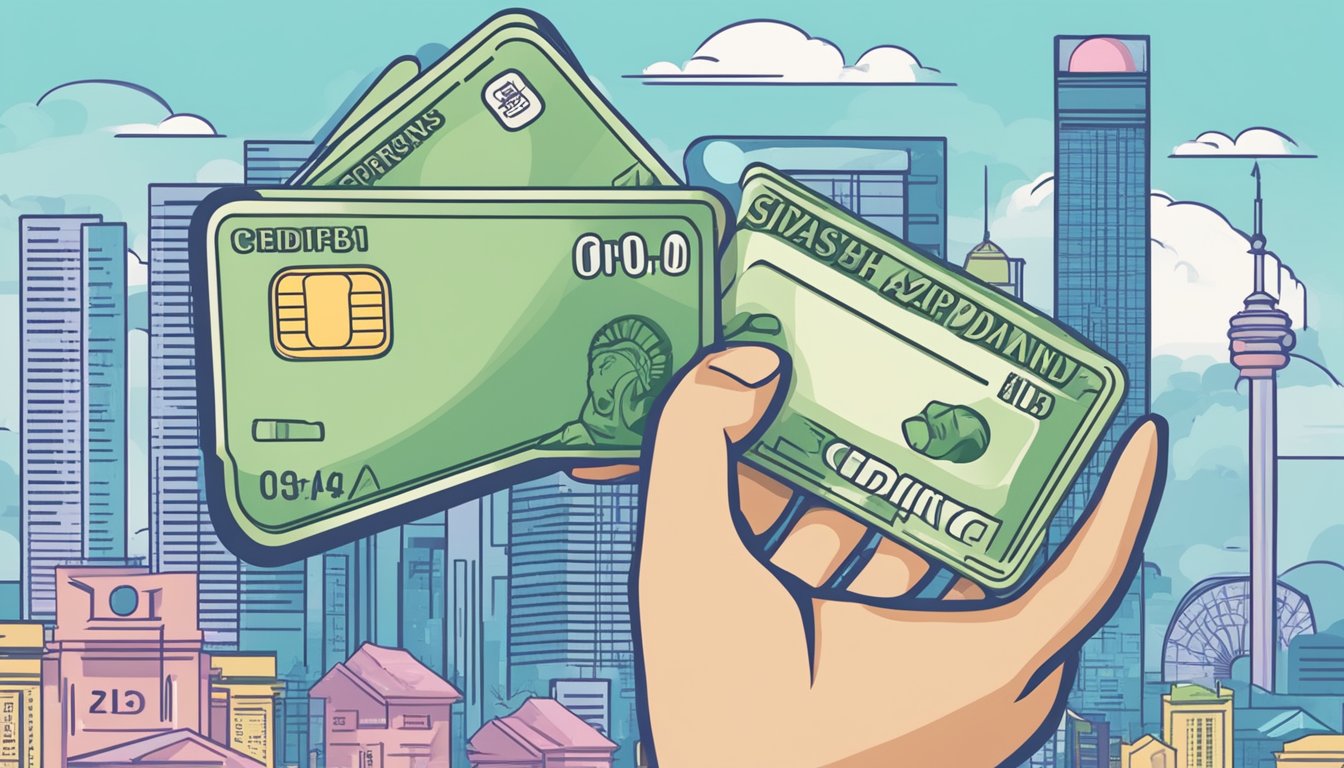
If you’re in need of quick cash, a cash advance may be a viable option. However, it’s important to understand the basics of cash advances in Singapore before you decide whether or not to use this service.
The Basics of Cash Advance
A cash advance is essentially a short-term loan that you can take out against your credit card. This means that you’re borrowing money from your credit card company, and you’ll need to pay it back with interest. Cash advances are typically used in emergency situations when you need cash quickly, but they come with high fees and interest rates.
When you take out a cash advance, you’ll typically be charged a fee of around $15 or 6% of the amount you withdraw, whichever is greater. In addition to this fee, you’ll also be charged interest on the amount you borrow. This interest rate is typically higher than the interest rate you would pay on a regular credit card purchase.
Credit Limit and Cash Advance Limit
It’s important to note that your credit card has both a credit limit and a cash advance limit. Your credit limit is the maximum amount you can spend on your credit card, while your cash advance limit is the maximum amount you can withdraw as a cash advance.
In Singapore, the cash advance limit on your credit card is typically capped at $5,000. This means that you can’t withdraw more than $5,000 as a cash advance, even if your credit limit is higher than that.
It’s also worth noting that the amount you can withdraw as a cash advance is typically lower than your credit limit. For example, UOB pegs cash advance amount to 75% of your credit limit or available credit limit, whichever is lower. This means that if your credit limit is $10,000, your cash advance limit may only be $7,500.
When you withdraw cash from an ATM using your credit card, you’ll typically be subject to a daily withdrawal limit. For example, UOB allows a maximum cash withdrawal amount of $3,000 per day from a UOB ATM.
In conclusion, cash advances can be a useful way to get quick cash in an emergency, but they come with high fees and interest rates. It’s important to understand your credit limit and cash advance limit, as well as the fees and interest rates associated with cash advances, before you decide to use this service.
Fees and Interest Rates
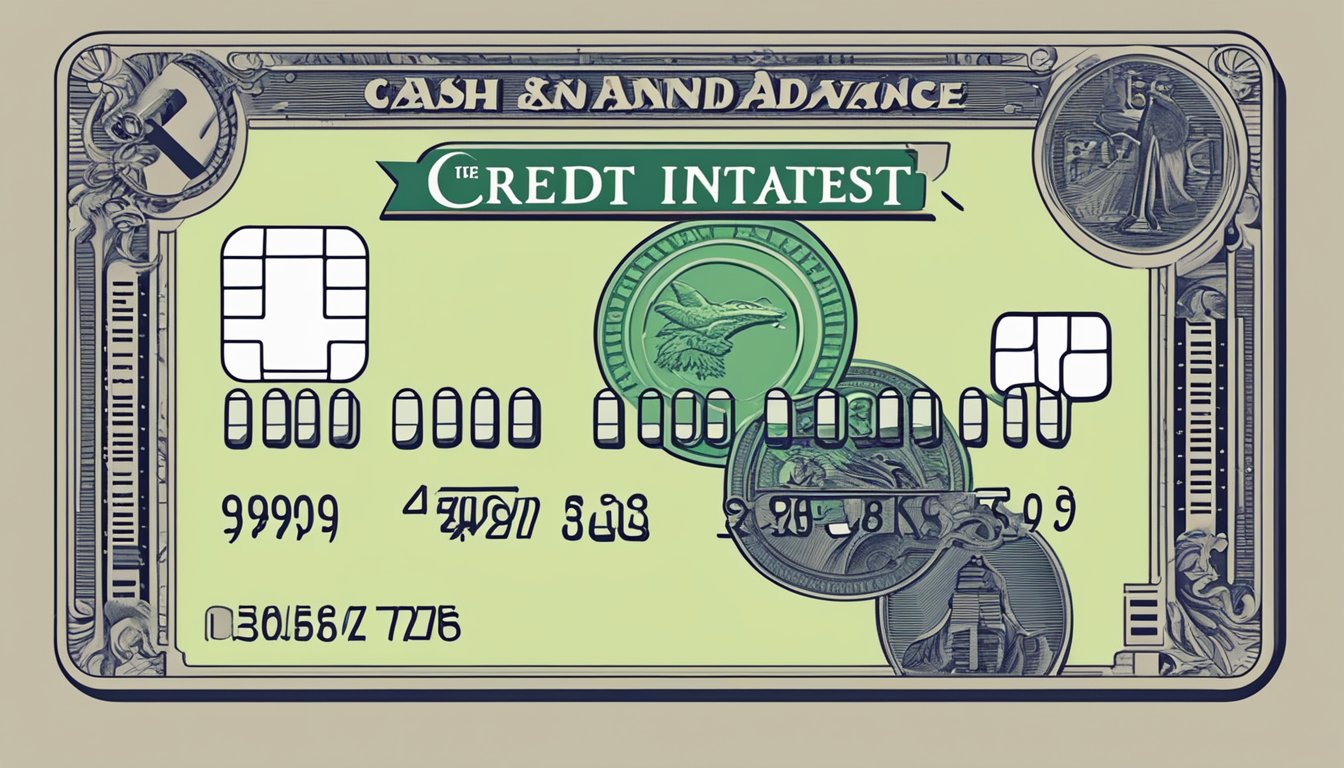
When it comes to cash advances, it’s important to be aware of the fees and interest rates associated with this service. In Singapore, cash advance fees are typically a percentage of the amount withdrawn, with a minimum fee charged. Banks also charge interest on cash advances, which can be significantly higher than the interest rates on regular credit card purchases.
Cash Advance Fee Structure
If you’re considering a cash advance, it’s important to check the fee structure of your credit card provider. For example, DBS and POSB charge a transaction fee of 8% or S$15 (whichever is greater) for each cash advance transaction. UOB, on the other hand, charges a cash advance fee of 6% or S$15 (whichever is greater).
Interest Charges on Cash Advances
Interest charges on cash advances can be much higher than the interest rates on regular credit card purchases. For example, DBS and UOB charge an annual interest rate of 28% for cash advances, while OCBC charges 28.92% per year. It’s important to note that interest on cash advances is usually charged from the date of the transaction until the amount is paid in full.
When withdrawing cash from an ATM, it’s also important to check the maximum withdrawal limit. For example, the maximum withdrawal amount from a DBS/POSB ATM is S$3,000 per day, while the maximum withdrawal amount from a UOB ATM is also S$3,000 per day.
In summary, cash advances can be a convenient way to access cash when you need it, but it’s important to be aware of the fees and interest rates associated with this service. Always check the fee structure and interest rates of your credit card provider before taking out a cash advance, and make sure you understand the terms and conditions of the service.
How to Obtain a Cash Advance

If you need quick access to cash, you can obtain a cash advance from your credit card. Here are the different ways you can obtain a cash advance:
Using ATMs for Cash Advances
One way to obtain a cash advance is through an ATM. To do this, you will need to have your credit card and your PIN. You can use your UOB ATM card to withdraw cash from a UOB ATM. The maximum withdrawal amount from a UOB ATM is S$3,000 per day. The minimum amount for Cash Advance done via ATM is S$200.
In-Person Bank Withdrawals
Another way to obtain a cash advance is to visit a UOB Group branch. You will need to bring your credit card and a valid form of identification. The teller will process your request and give you the cash. The minimum amount for Cash Advance done via phone is S$200.
Online Banking Options
If you have UOB Personal Internet Banking, you can also obtain a cash advance online. Log in to your account and select the cash advance option. You will need to enter the amount you want to withdraw and select the account where you want the funds to be deposited. The minimum amount for Cash Advance done via SMS is S$200.
It is important to note that a cash advance comes with fees and interest rates. The fees and interest rates vary depending on your credit card provider. You should also be aware that a cash advance is not part of your credit limit. The amount you withdraw will be added to your outstanding balance, which will affect your credit score.
In conclusion, obtaining a cash advance can be a quick way to get cash when you need it. However, it is important to weigh the fees and interest rates against the amount you need to borrow. If you do decide to obtain a cash advance, make sure you pay it off as soon as possible to avoid accruing high interest rates.
Impact on Credit and Repayment
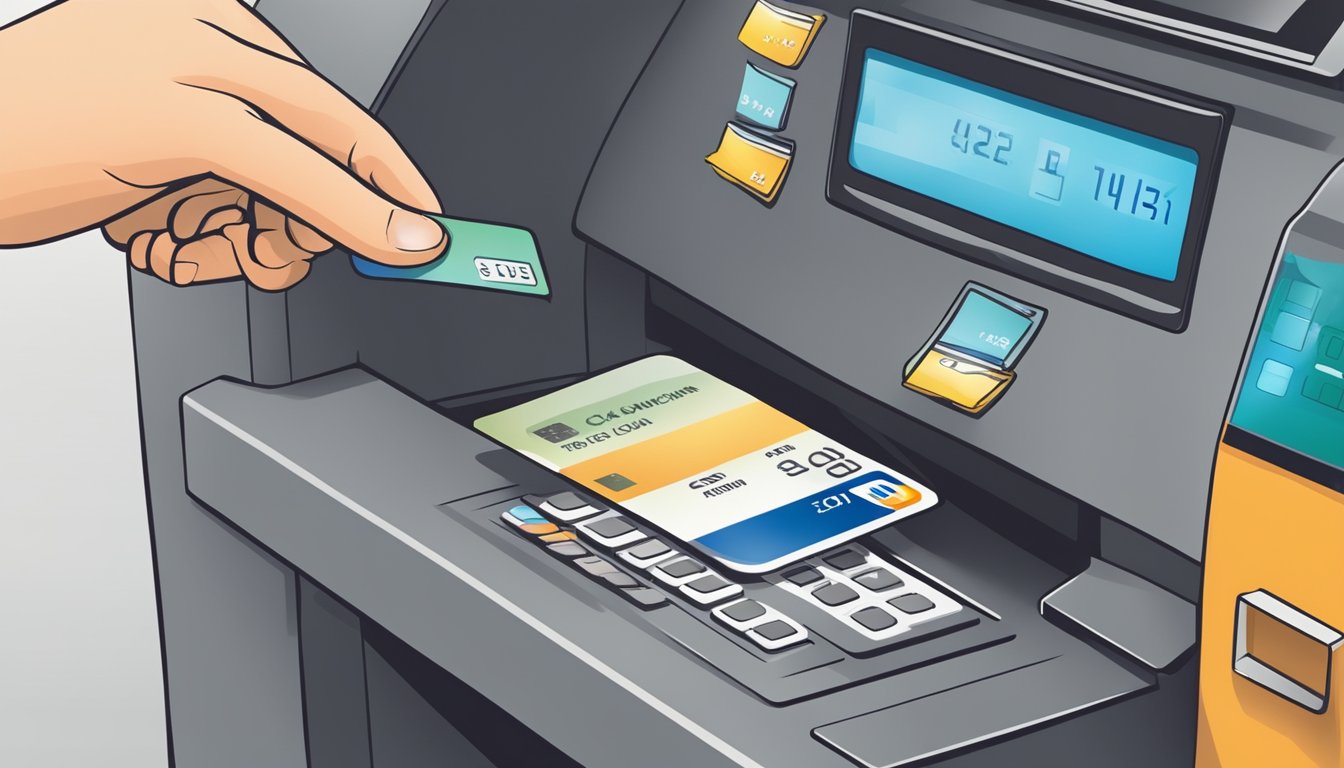
Managing Your Credit Score
When you take out a cash advance on your credit card, it can have a negative impact on your credit score. This is because cash advances are typically charged at a higher interest rate than regular purchases, and they also come with additional fees. This means that if you don’t pay off the cash advance quickly, your balance will continue to grow, and you could end up with a high level of debt that is difficult to pay off.
To avoid damaging your credit score, it’s important to manage your credit card balance carefully. This means making sure that you don’t use more than 30% of your available credit, and that you make your payments on time every month. If you can, try to pay off your balance in full each month, as this will help to keep your credit score healthy.
Repayment Strategies
If you do find yourself with a large balance on your credit card, there are a few strategies you can use to repay it more quickly. One option is to make more than the minimum payment each month. This will help to reduce the amount of interest you’re charged, and it will also help you to pay off your balance more quickly.
Another option is to transfer your balance to a card with a lower interest rate. This can be a good way to reduce the amount of interest you’re charged, and it can also help you to pay off your balance more quickly. However, be aware that many cards charge a balance transfer fee, so make sure you factor this into your calculations.
Overall, it’s important to be careful when using cash advances on your credit card. While they can be a convenient way to access cash when you need it, they can also be expensive and can damage your credit score if you’re not careful. By managing your credit card balance carefully and using repayment strategies when necessary, you can keep your credit score healthy and avoid getting into debt.
Alternatives to Cash Advances
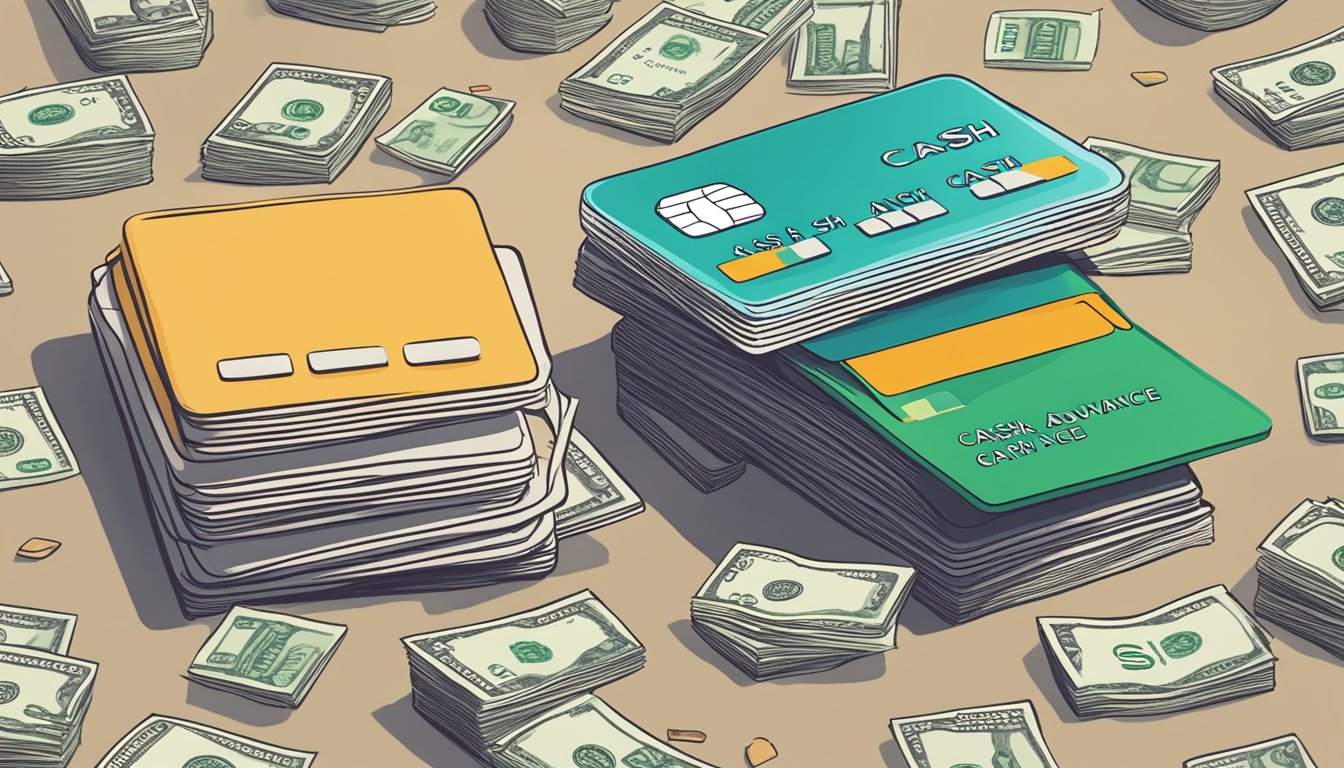
When you need cash urgently, a cash advance may seem like a quick solution. However, it is important to note that cash advances come with high-interest rates, which can accumulate quickly and leave you with a hefty debt. Fortunately, there are alternatives to cash advances that you can consider.
Other Credit Facilities
If you have an existing credit facility with a financial institution, you may be able to use it to obtain cash. For example, you can consider using an unsecured credit line or a personal loan. These options typically offer lower interest rates than cash advances and can be a more affordable way to get the cash you need.
Considering Personal Loans
Personal loans are a popular alternative to cash advances. They usually offer lower interest rates and more flexible repayment terms than cash advances. Furthermore, personal loans are unsecured, meaning that you don’t have to put up any collateral to get the loan.
When considering a personal loan, it is important to shop around and compare rates from different banks. You should also check the eligibility criteria and ensure that you meet the requirements before applying.
In conclusion, while cash advances may seem like an easy solution to your cash needs, they come with high-interest rates that can quickly accumulate and leave you with a substantial debt. Therefore, it is advisable to consider other credit facilities or personal loans before opting for a cash advance.
Frequently Asked Questions
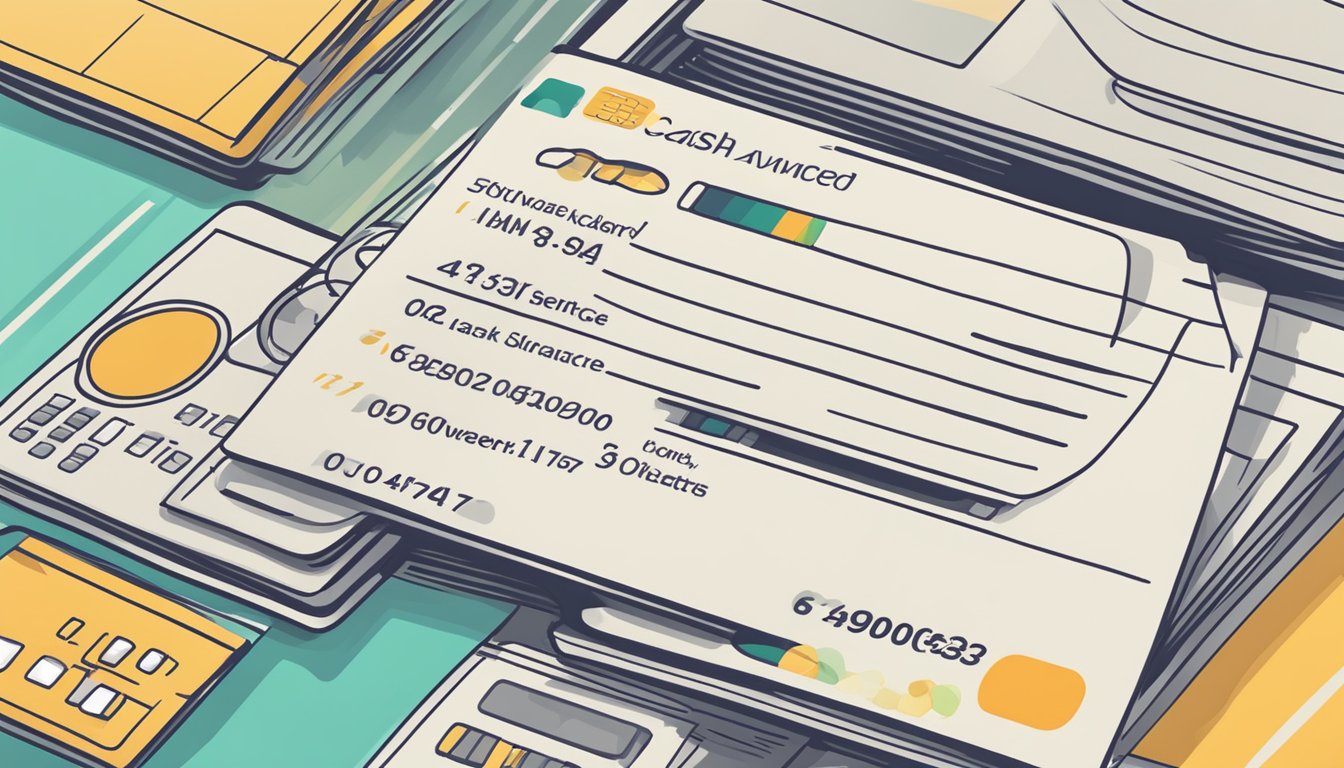
What are the typical fees associated with a credit card cash advance in Singapore?
When you take a cash advance on your credit card in Singapore, you can expect to pay a transaction fee of around 8% or S$15, whichever is greater. This fee is charged on top of the amount you withdraw and is non-refundable. Additionally, interest is charged on the amount you withdraw from the date of the transaction until the date you repay the amount in full.
How does a cash advance impact my overall credit limit on a Singaporean credit card?
When you take a cash advance on your Singaporean credit card, the amount you withdraw is deducted from your available credit limit. This means that your credit limit will be reduced by the amount you withdraw plus any associated fees and interest charged on the transaction.
Can I withdraw cash up to my total credit limit using a cash advance service in Singapore?
No, you cannot withdraw cash up to your total credit limit using a cash advance service in Singapore. Credit card issuers in Singapore typically limit the amount you can withdraw to a percentage of your available credit limit. For example, UOB limits cash withdrawals to 75% of your available credit limit or S$3,000 per day, whichever is lower.
What’s the process for calculating a cash advance fee with DBS cards?
When you take a cash advance with a DBS credit card, the transaction fee is calculated as 8% of the amount you withdraw or S$15, whichever is greater. Additionally, interest is charged on the amount you withdraw from the date of the transaction until the date you repay the amount in full.
Are there any specific cash withdrawal charges for DBS credit card holders?
Yes, DBS credit card holders are subject to a maximum withdrawal limit of S$3,000 per day. However, there is no minimum cash advance withdrawal amount.
How does UOB calculate cash advance amounts and associated charges?
UOB calculates cash advance amounts as a percentage of your available credit limit. Specifically, cash advance amounts are limited to 75% of your available credit limit or S$3,000 per day, whichever is lower. Additionally, interest is charged on the amount you withdraw from the date of the transaction until the date you repay the amount in full.




